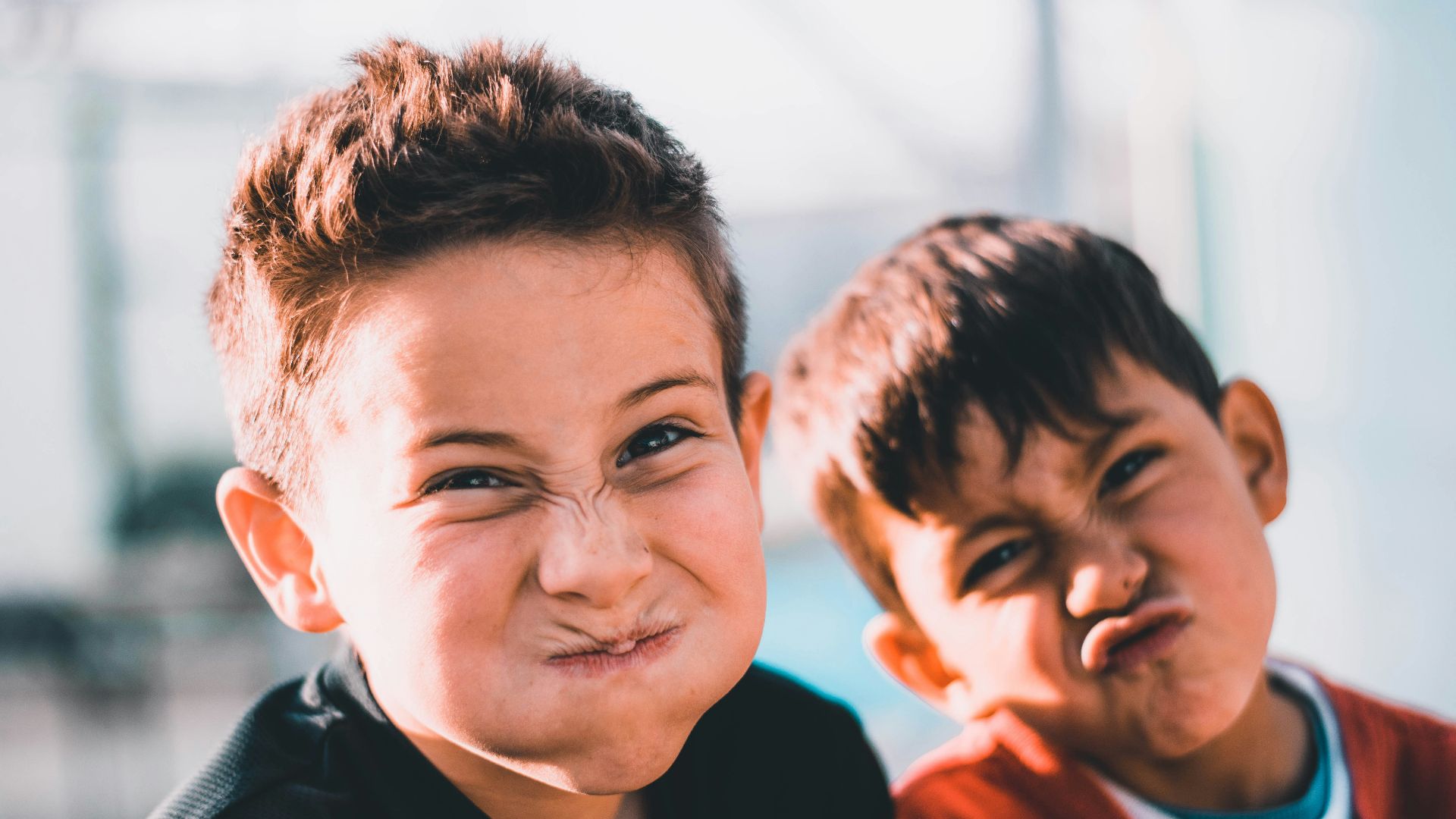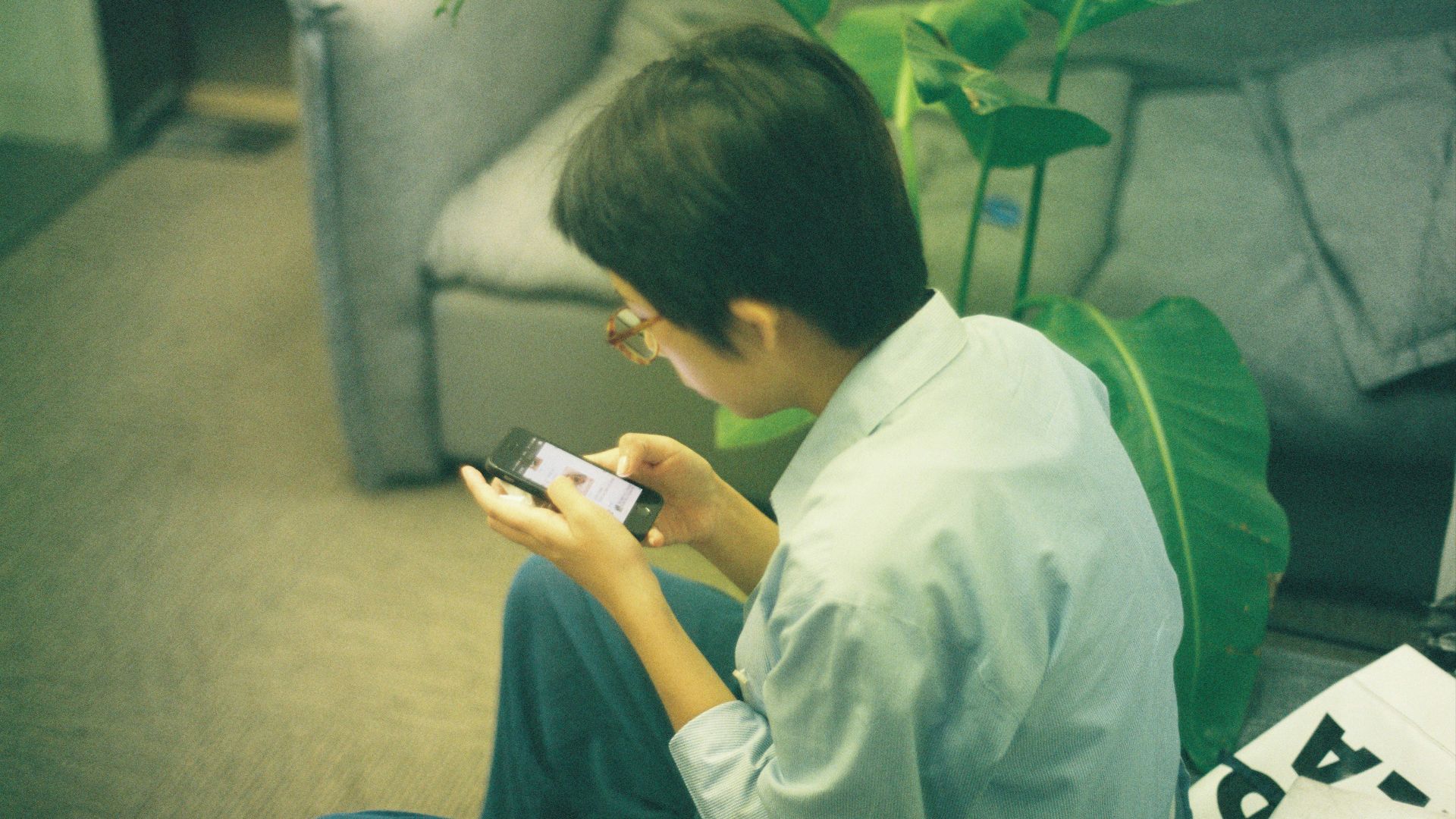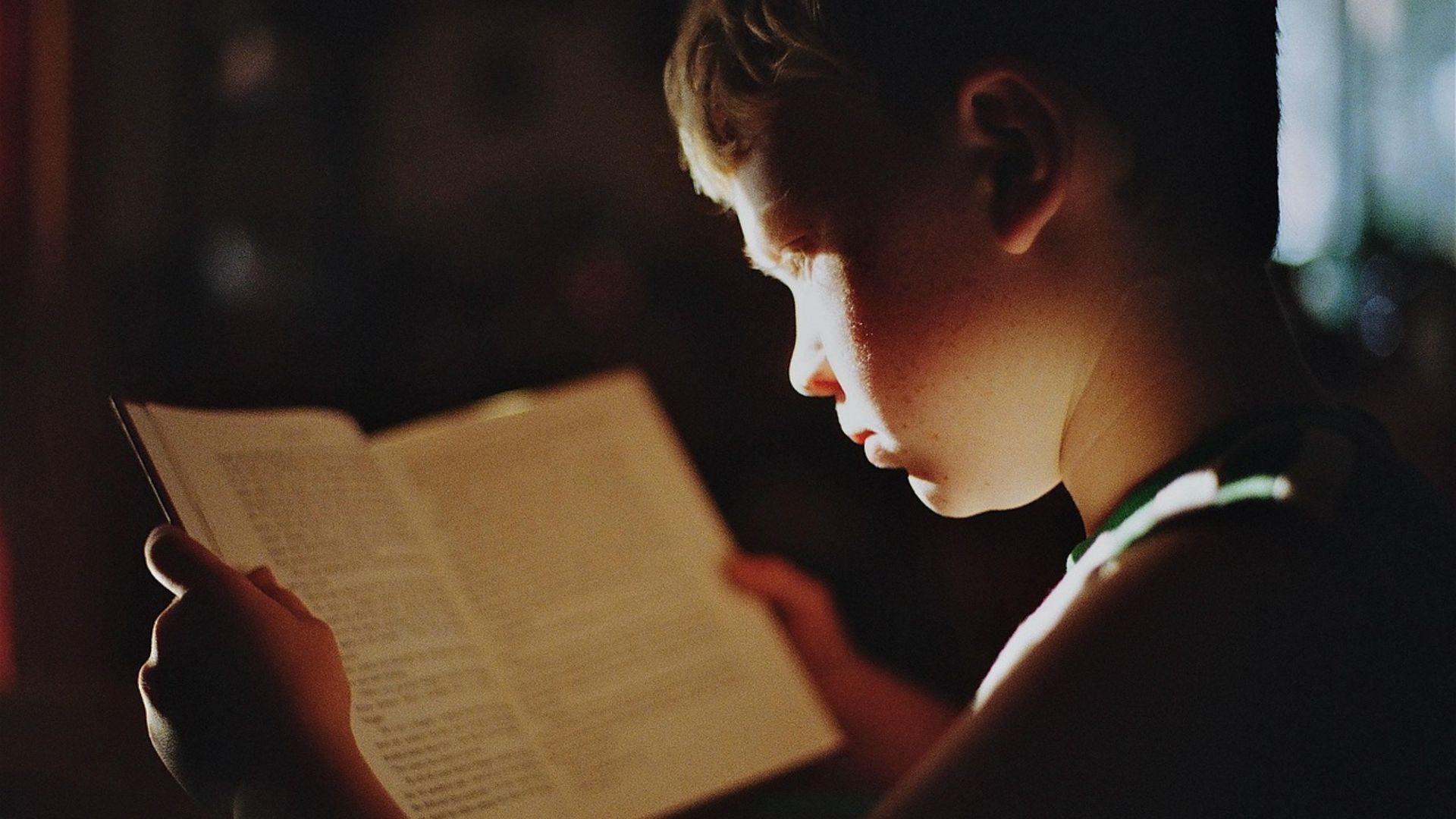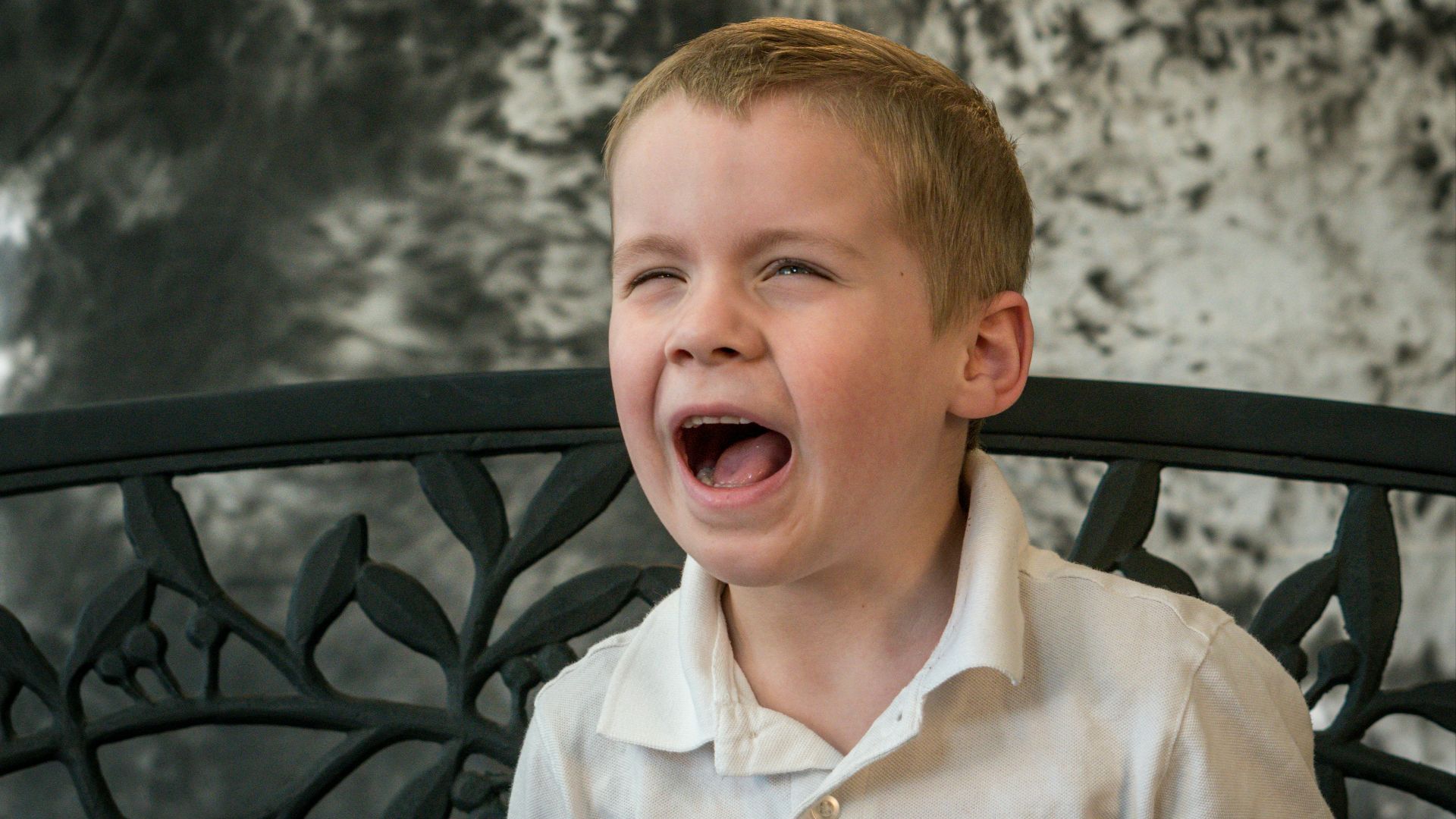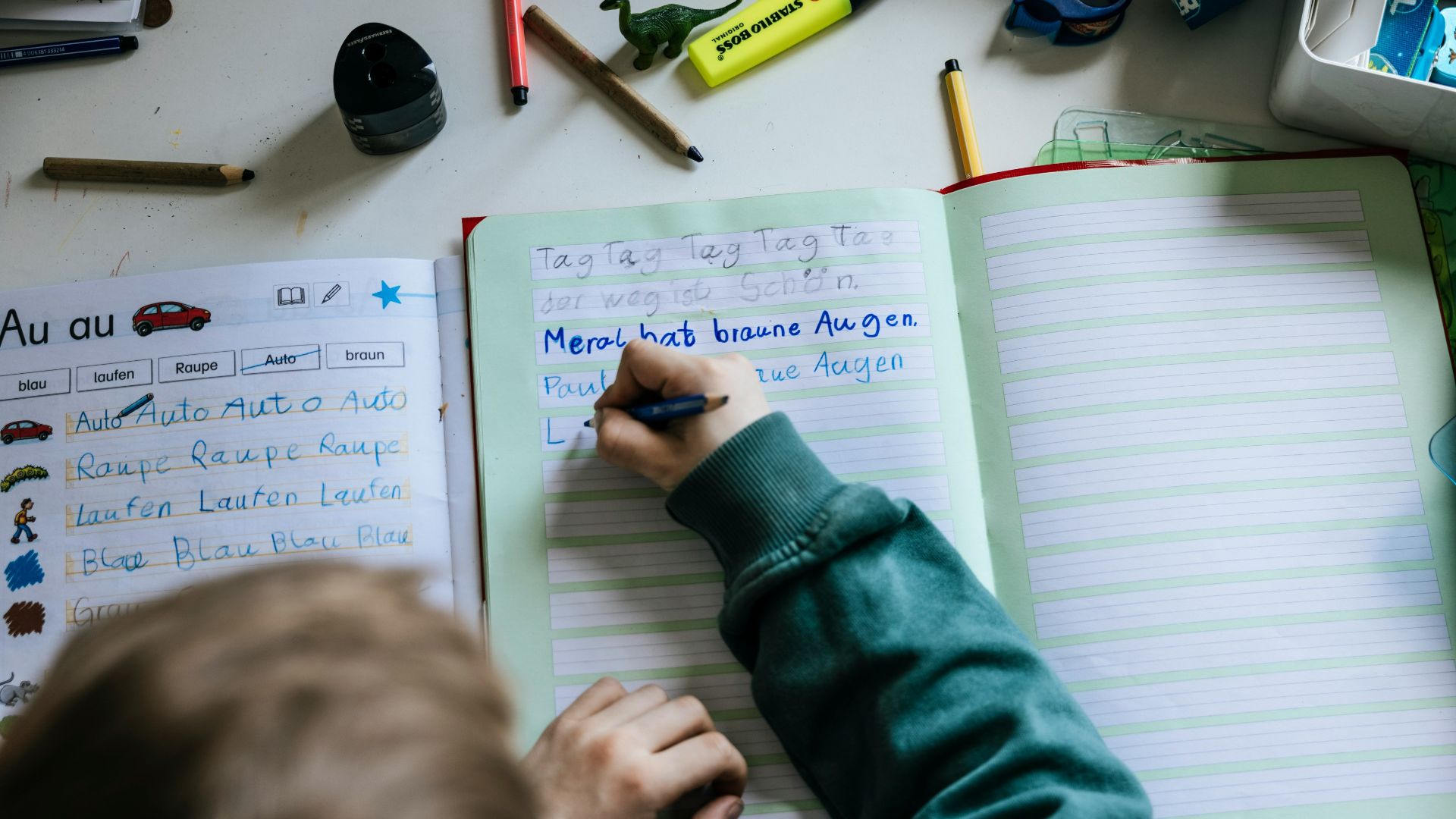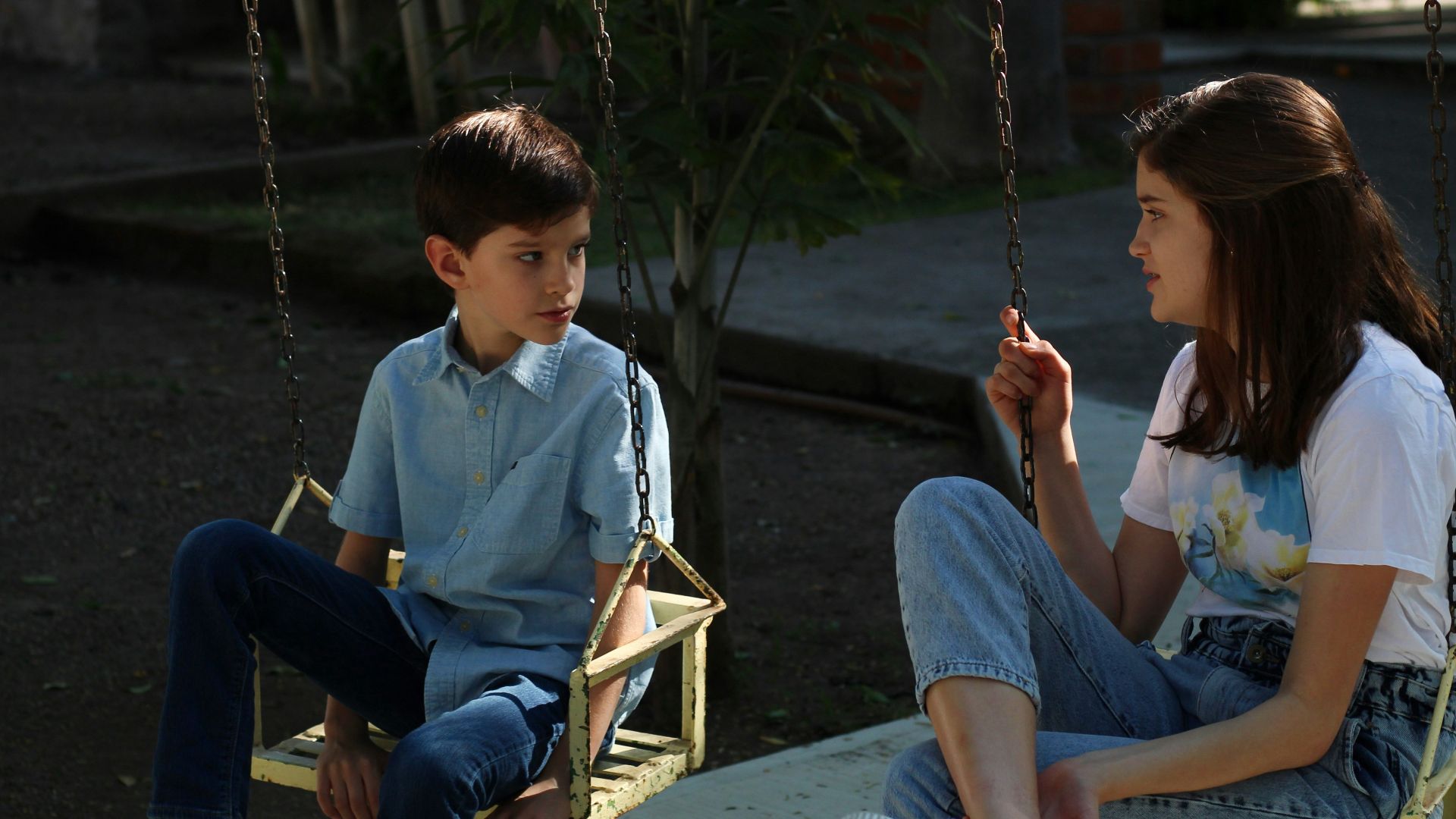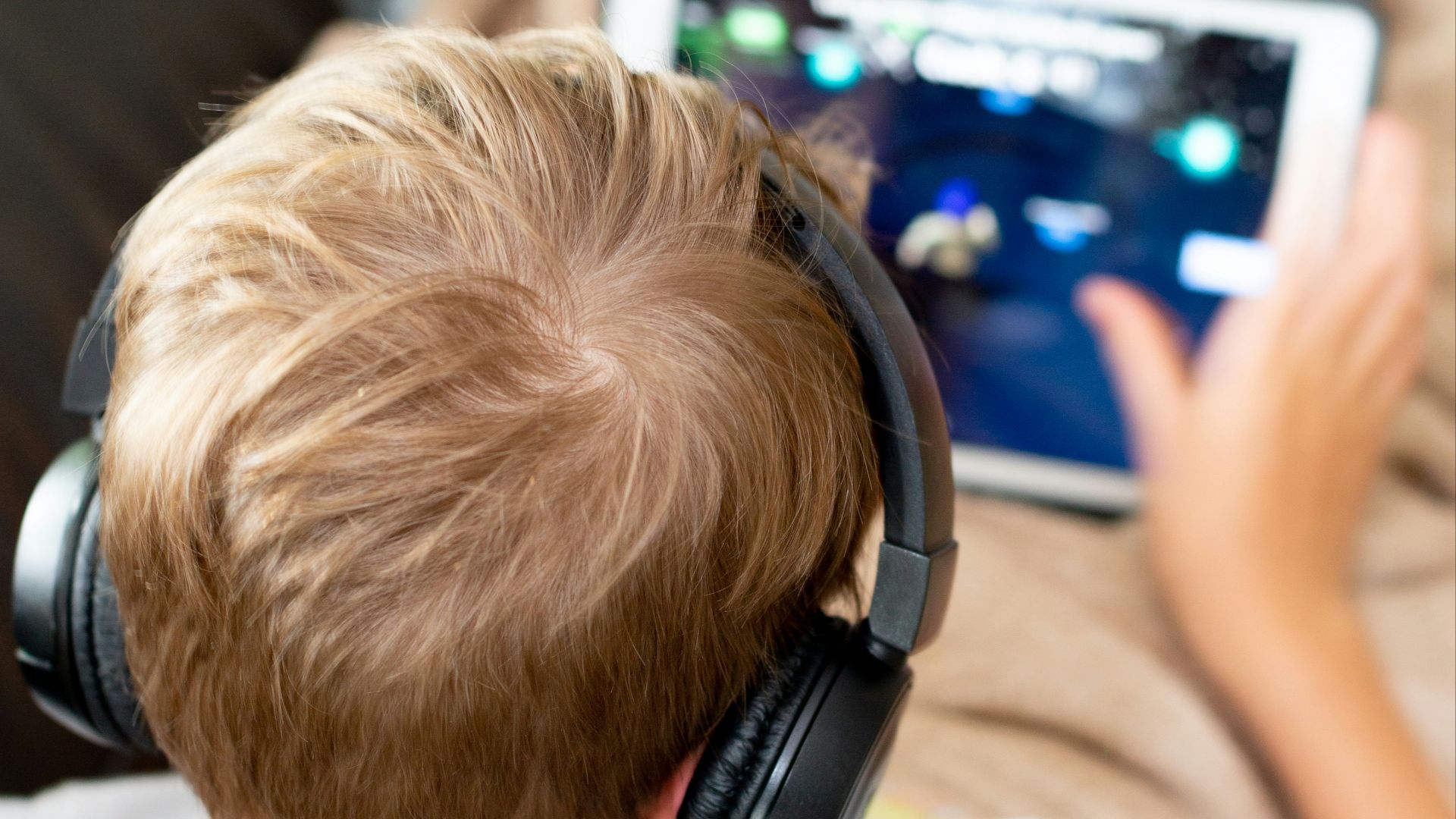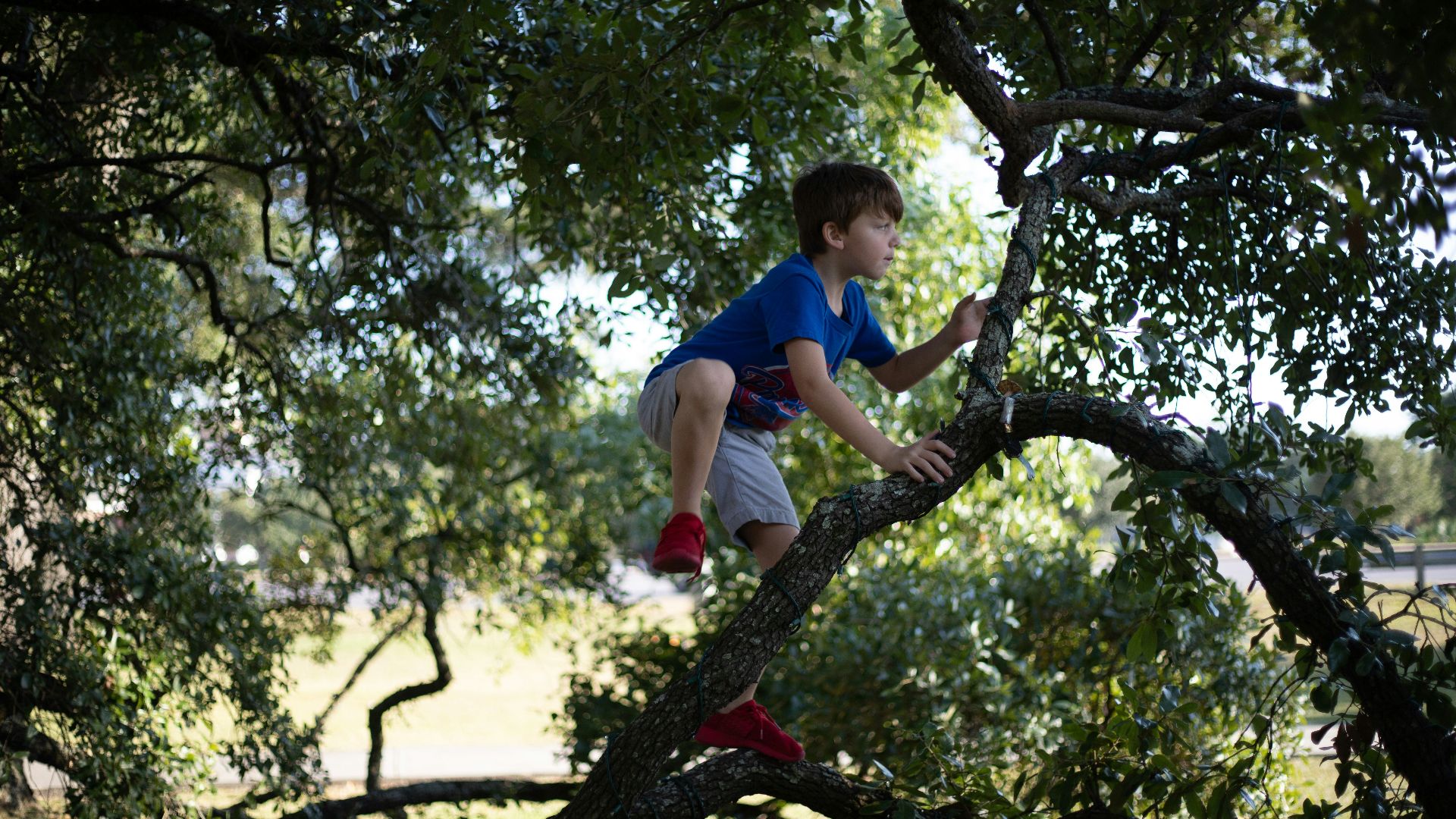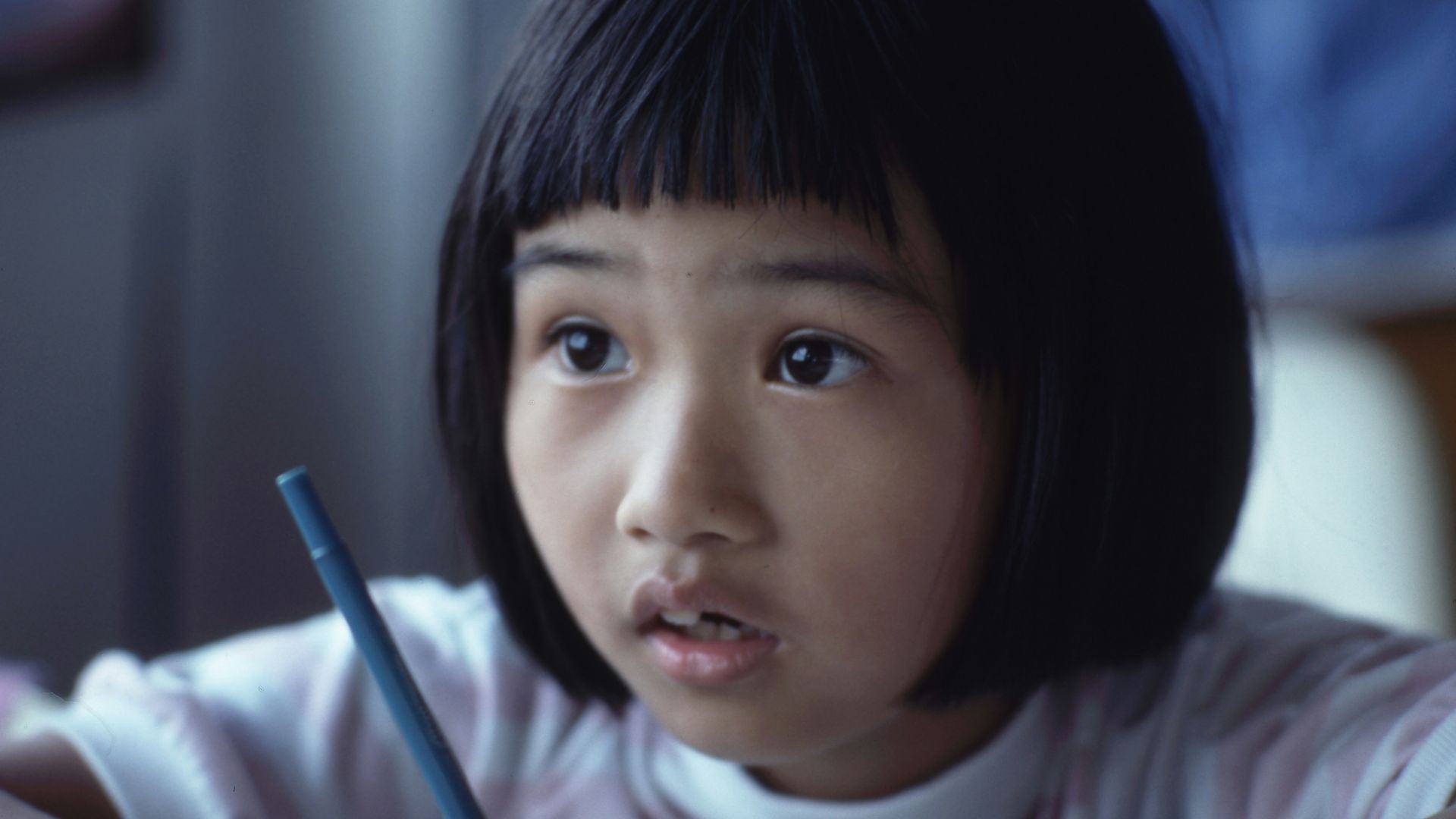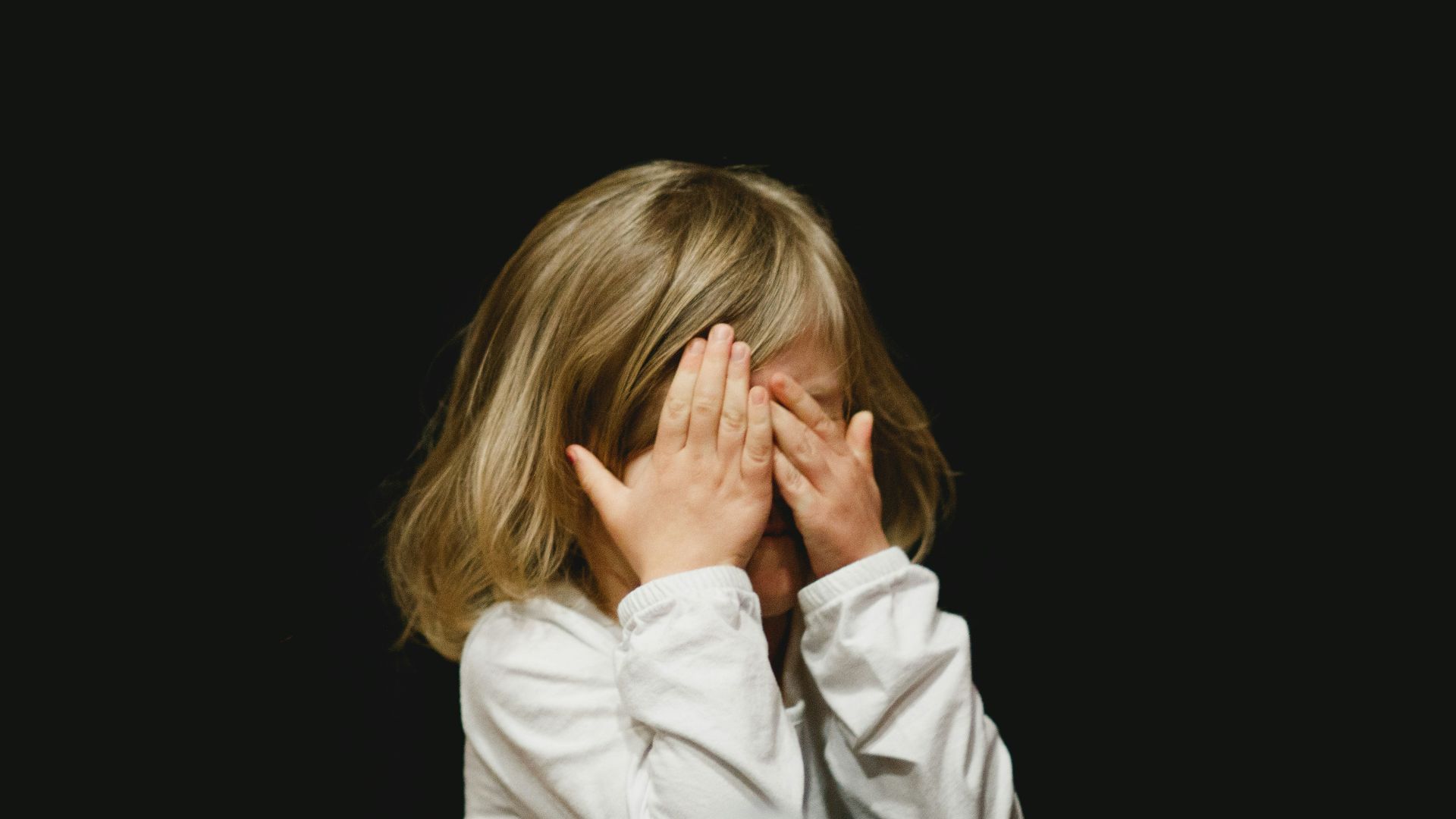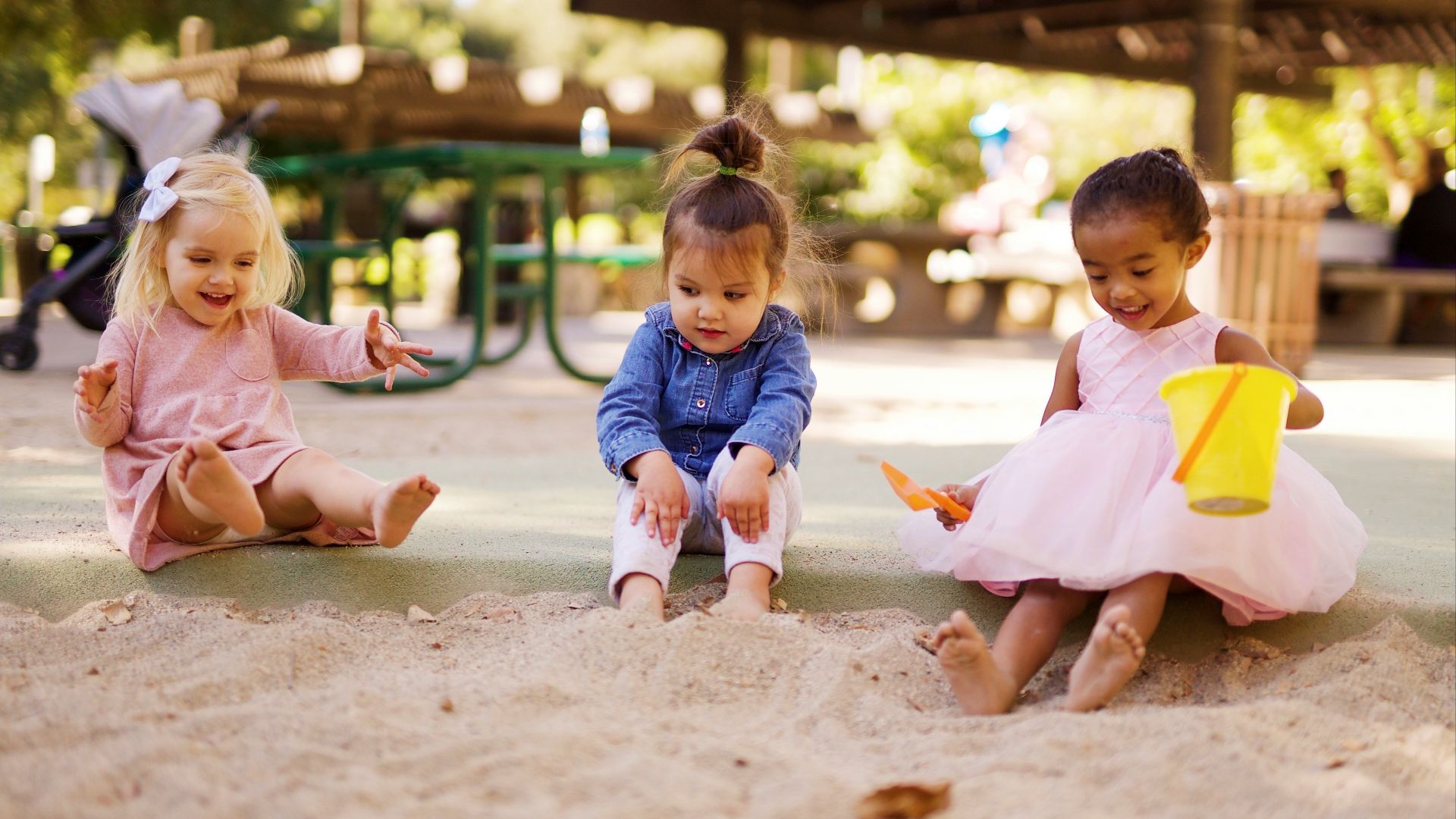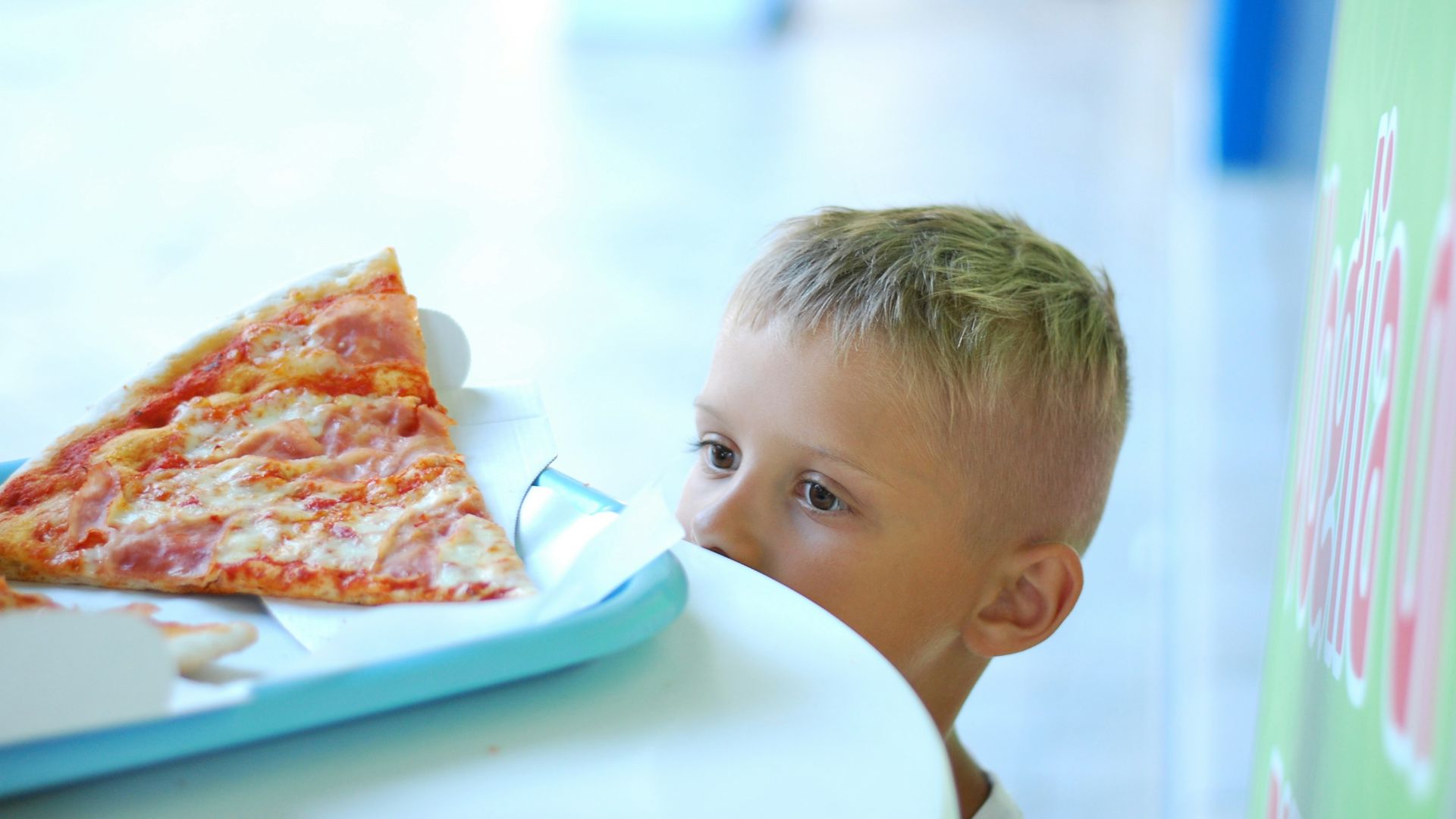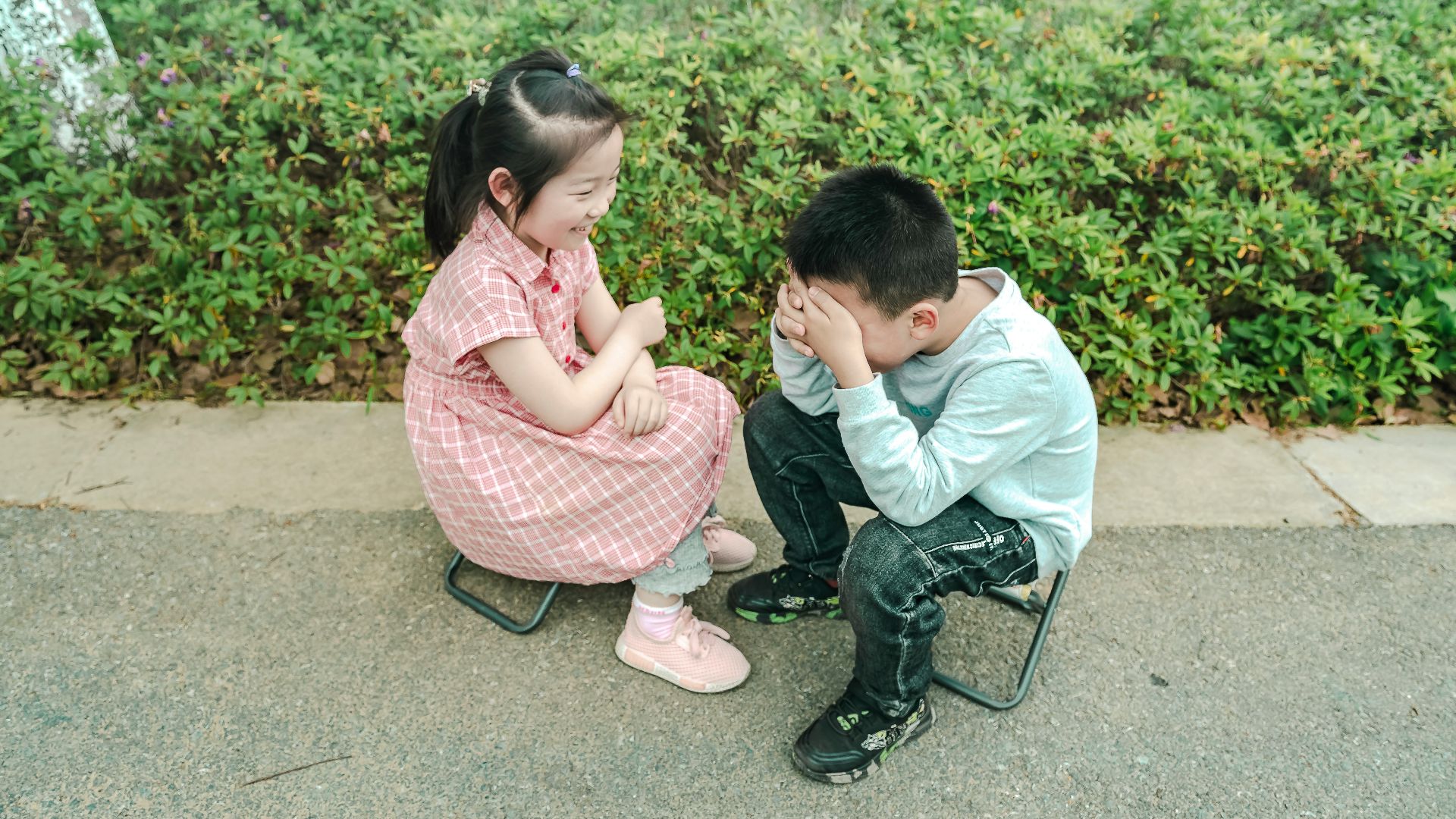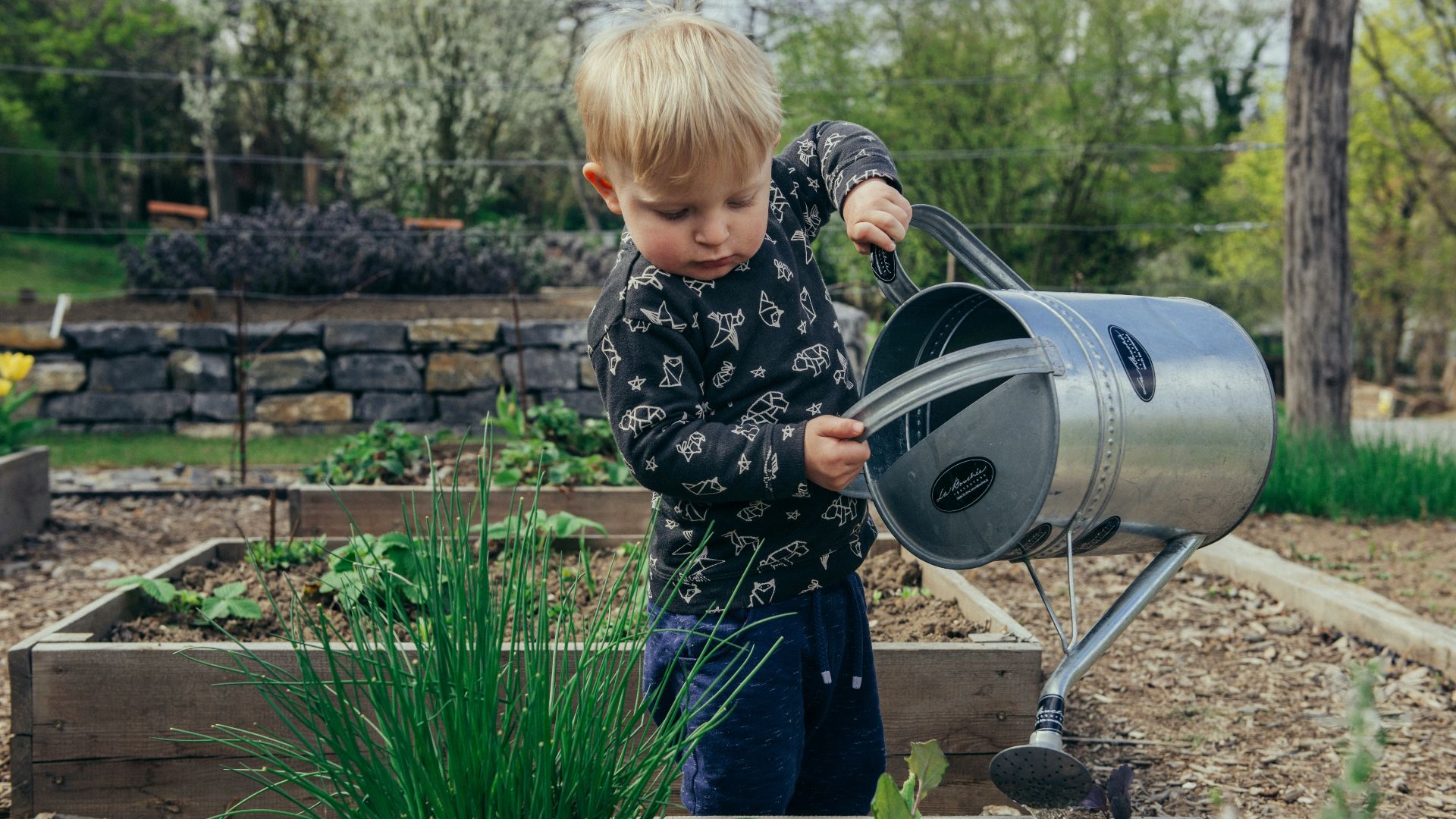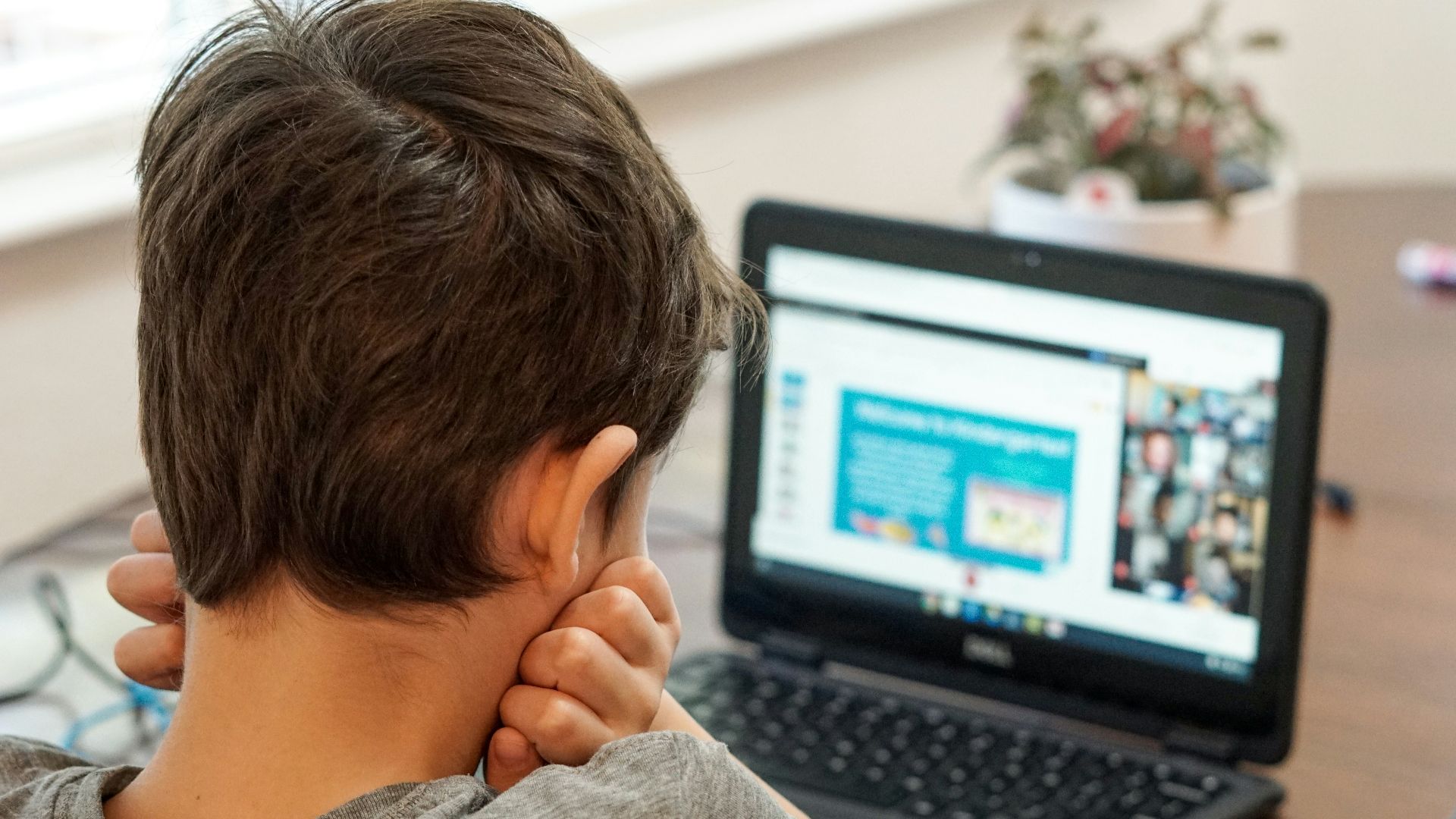Childhood Looks Nothing Like Before
Something feels off, and you're not alone in thinking so. Kids today act, react, and connect in ways that seem wildly unfamiliar—even unsettling at times. The world around them has changed fast, and it's reshaping how they grow up. If you've sensed a shift but couldn't quite explain it, you're about to get answers. Keep reading to find out what's really going on with this new generation.
1. Shrinking Attention Spans
Kids can't outfocus a goldfish anymore. A study by Microsoft clocks their attention at just eight seconds—barely enough to finish a sentence. With constant swiping and endless scrolling, even simple ideas vanish mid-thought. They are losing the ability to concentrate altogether.
2. Manners Are Fading Fast
Courtesy is fading from daily life, with "please" and "thank you" heard less and less. At meals, conversations are often insincere, and interruptions are left unchecked. These changes may seem small, but they shape how kids learn to relate to others.
3. Text Over Talk
Typing has taken over discussion. Even with close friends, texts win out over calls and meets. Full sentences get replaced by emojis, and memes carry more weight than stories. Spoken language is thinner with today’s kids, like something extra instead of something essential.
4. Decline In Reading Habits
Only 31% of fourth graders reached reading proficiency in 2024, says NAEP. More are falling behind, and the habit of reading for fun is fading fast. As kids are losing the ability to connect with written material, you won't find many books or novels with them anymore.
5. Tiny Failures Trigger Serious Meltdowns
Minor setbacks feel huge for many kids. Emotional breakdowns over everyday mistakes are becoming more common, as frustration tolerance continues to drop. Without regular challenges or space to struggle, these kids find it hard to build resilience—they just wait for someone else to intervene.
6. Handwriting Is Not So Smooth
Cursive is now an endangered skill, not far behind landline use. Typing may be faster, but sloppy handwriting does more than fill notebooks with scribbles. Teachers say poor penmanship often signals unclear thinking, something no keyboard shortcut can clean up.
7. Privacy Has Vanished
Things that used to stay private—friendship drama, family issues, even feelings—are now shared without a second thought. Oversharing is quite normal for modern kids. They make every post public, so boundaries just blur or disappear.
8. Little Room For Growth
Many kids move through their days without pause, shifting from one responsibility to the next. Such jam-packed routines reduce many opportunities for personal as well as professional growth. Going in circles, progress simply becomes an afterthought for these children.
9. Boredom Is Unbearable
Unstructured time used to be a playground for imagination—now it feels like a problem to fix. The moment boredom creeps in, screens or risky company give them support. Kids rarely learn to sit with stillness or create something out of nothing.
10. Risk-Taking Has Dramatically Decreased
Climbing trees, getting lost, or pushing limits used to be part of growing up. Today’s kids are more cautious and mostly avoid anything uncertain. With fewer chances to take healthy risks, confidence and decision-making skills develop at a slower, more hesitant pace.
11. Kids Fight Most Rules
In many classrooms and homes, rules are no longer followed without rebellion. Kids pause just to argue, and turn simple requests into heavy debates. This shift is influenced by online spaces where challenging authority without a solid reason is encouraged.
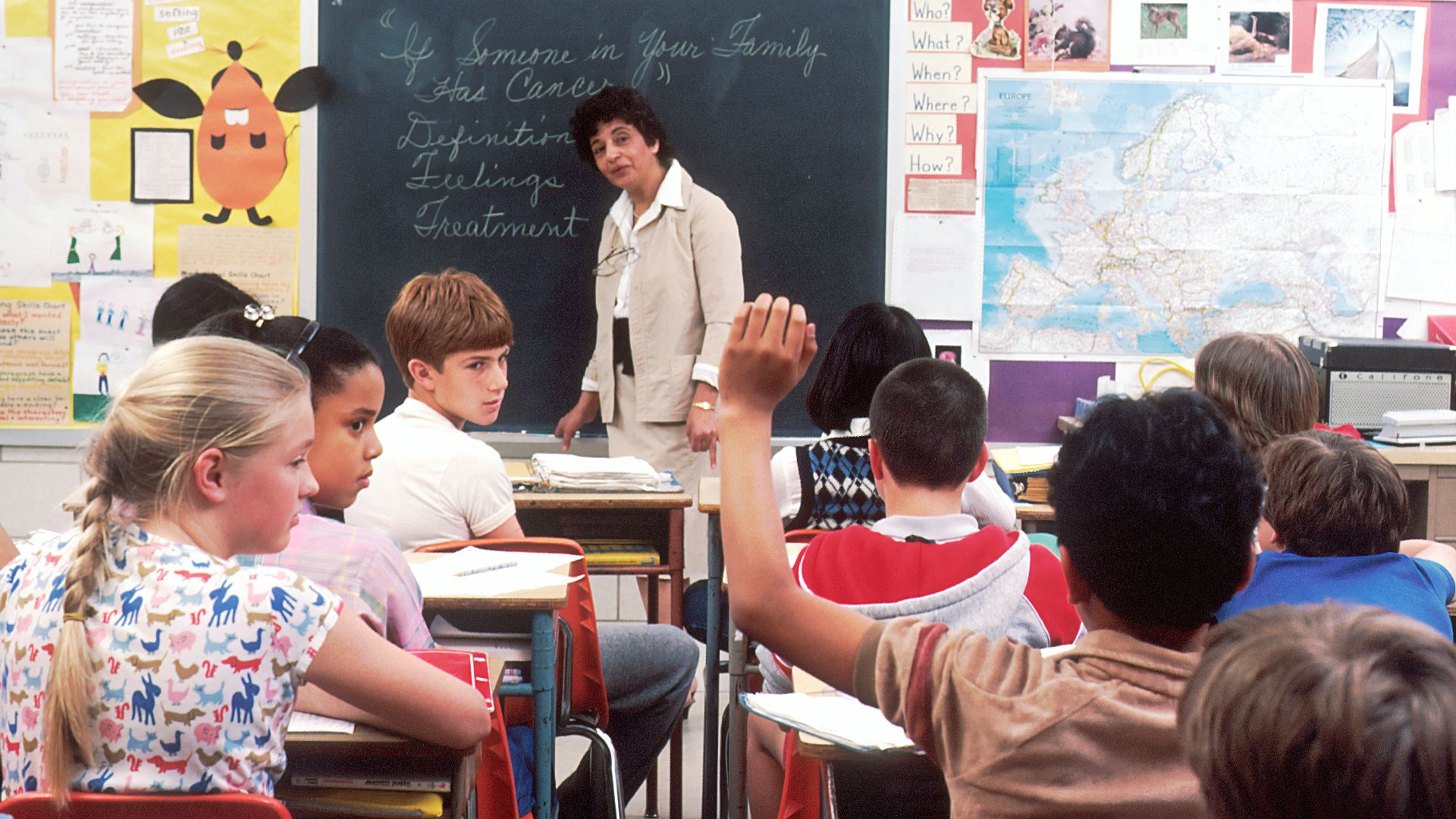 National Cancer Institute on Unsplash
National Cancer Institute on Unsplash
12. They Have Entitlement Issues
Trophies are now getting handed out without any effort. So, participation trophies line shelves, but real achievement? It’s watered down. So, somewhere along the way, hard work and true accomplishments fade away in many families.
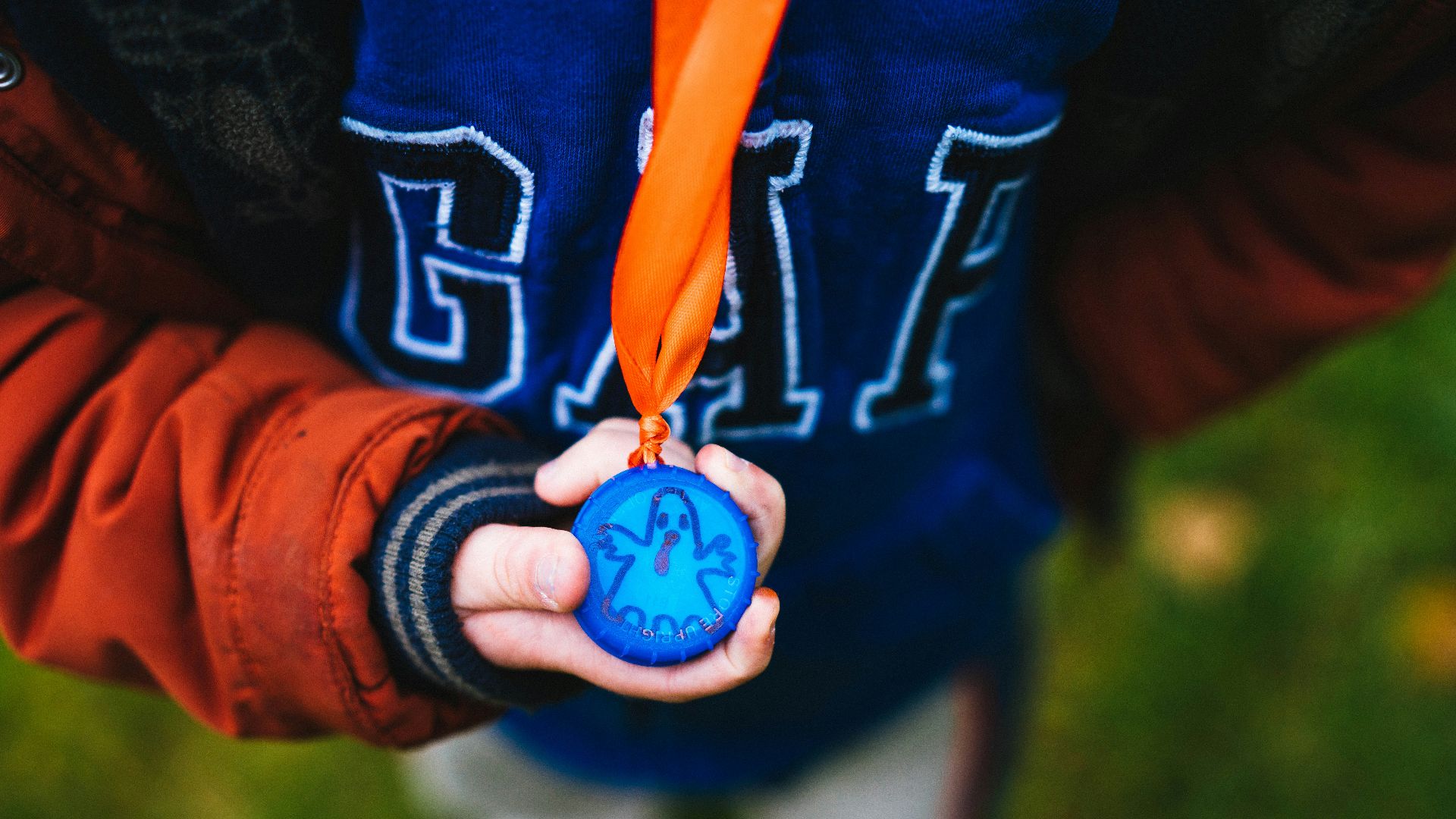 National Cancer Institute on Unsplash
National Cancer Institute on Unsplash
13. Poor Listening Skills
In group discussions, many students interrupt more than they engage, so directions are often missed the first time. Active listening isn't a smart skill anymore for them. The result is a generation more eager to respond than to understand basic things.
14. They Get Offended Easily
A comment doesn't need intent to cause offense. Even playful remarks can trigger reactions. Emotional safety takes priority, which isn't wrong, but just a tiny bit of discomfort gets treated like harm. And soon, honest dialogue is no longer a solution for that situation.
15. Outdoors Is Alien Territory
Outdoor time now plays a minor role in most children's lives. Parks are visited less than shopping centers, and backyard play is far from routine. As nature fades from their experience, many kids grow up unfamiliar with even the simplest outdoor spaces.
16. Obesity Rates Rising Sharply
Childhood obesity affects one in five children in the U.S., a rate that has tripled since the 1970s, according to the CDC. As daily movement decreases, physical fitness declines. These patterns contribute to mood instability, poor focus, and long-term health risks.
17. Self-Awareness Develops More Slowly
Many kids have trouble recognizing how their behavior affects others. They simply don’t know how to reflect on their actions. Without consistent social feedback or opportunities to pause, they sometimes miss cues that would help them build stronger empathy and a clearer sense of self.
18. Delayed Independence Is More Common
Many kids hit basic independence milestones later. Walking to school alone, staying home briefly, using public transit, first jobs, even learner’s permits: each gets pushed back. Parental care and caution keep them dependent for a longer time than before.
19. Chore Culture Has Disappeared
Chores once built confidence, but that culture is slipping away. Just 28% of kids complete daily tasks at home, according to Braun Research. As parents absorb responsibilities, children miss opportunities to learn discipline and contribute meaningfully.
20. They Get Early Access To Mature Content
Violence and harsh language are showing up in kids' lives earlier than ever. Filters miss things, and supervision doesn't always catch up. The maturity to understand what they're seeing is just not there, so kids are taking in whatever is coming their way.


